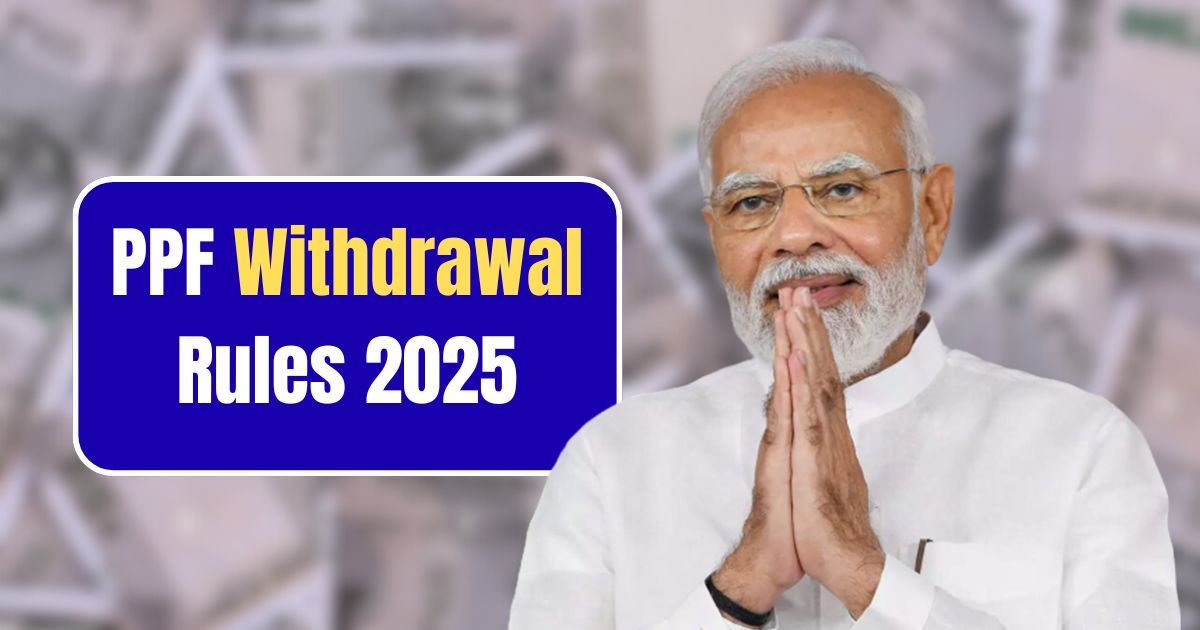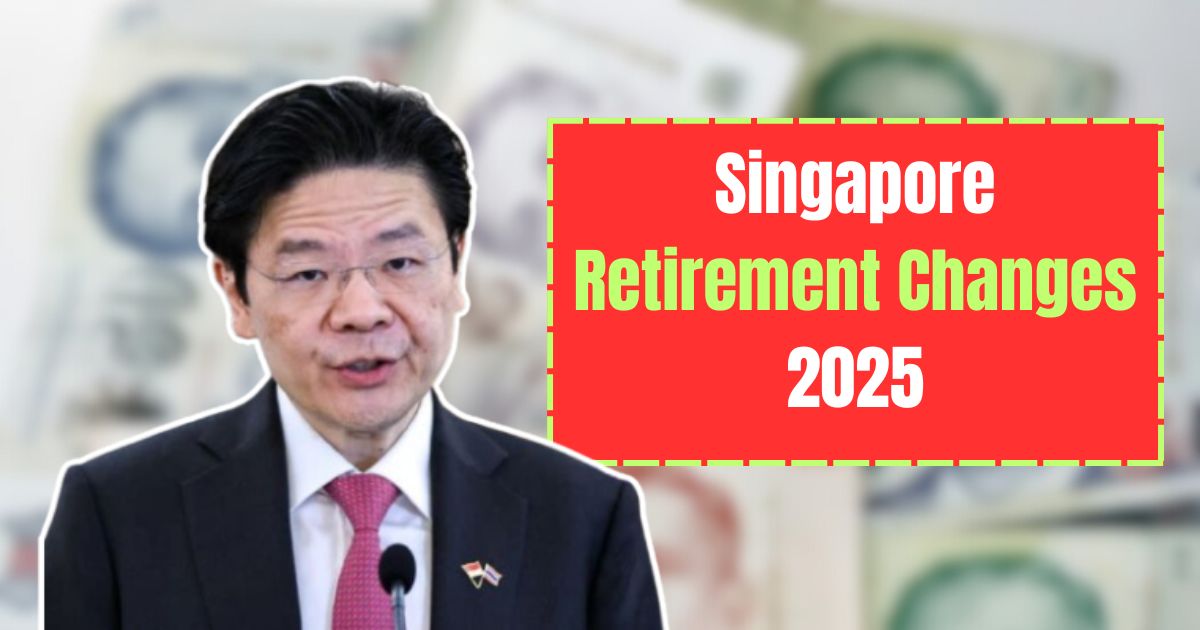Visualize having a huge and secure financial fortress that took years of consistent contributions to build, and then, on top of it, an item contained in it that you cannot use without destroying the walls. This is exactly the situation with PPF (Public Provident Fund) in India—a tax-free government-backed fund that attracts both investors and savers with its security and challenges. The full year of 2025, in which the interest rate is still 7.1% p.a., and the recent digital innovations like Aadhaar-based eKYC withdrawals for PPF make the whole process of accessing funds more user friendly. Take the plunge and get to know the rules that help one practice discipline while allowing some freedom.
The 15-Year Horizon
PPF requires endurance, your capital is tied for fifteen years from the start of the account. This is a maturity date of 2025, and full tax-free withdrawals would be allowed under Section 80C—accounting for both your deposits and interest earned. There is no such thing as a penalty, and your deposits will be converted with a tax exemption to powerful retirement or big dreams. Just imagine that the annual deposit of ₹1.5 lakh at the interest rate of 7.1% would grow to more than ₹40 lakh by maturity. However, if life goes longer than the tenure, five-year blocks are available for extensions to continue interest with or without new deposits.
Partial Pullouts
Need cash in the middle? You will be able to make favorable withdrawals after the end of the first five years, that is, from the sixth financial year. You can restrict your withdrawal to 50% of the balance as of the end of the last four-year period or 50% of the immediately preceding year’s close, whichever gives you more access. However, you cannot make more than one withdrawal post the year, which is great for life hacks such as medical bills or school fees. In 2025, Withdrawal with eKYC is like walking on water as it cuts down the lengthy documentation through mobile phones at post offices or banks. The money gets exempt from taxation thus every single rupee earned gets preserved.
Premature Closures
Real calamities do not consider time restrictions. After five years, closure of the account will be permitted for serious medical situations (yours, spouse’s, or children’s), financial need for education, or non-resident Indian (NRI) status. An interest penalty of 1% is going to be deducted from the total accumulated amount before you receive your payment. NRI’s with accounts opened before immigration must be closed at maturity—no extension—transfers to NRO accounts. A practice established in 2025, this rule is there to keep savers moving towards loans (available after three years, up to 25% of the balance) as a penalty-free route.
Post-Maturity Plays
Maturity day is not the end. If you never touch the five-year extensions, you can automatically earn 7.1% interest on top of your untouched besides without submissions. How about deposits? Needs Tax AX IN H Form, if within a year of the deposit, you want to claim the tax perks. The withdrawal cap is switched: Up to 60% of the balance at the beginning of the extension, one per year, for the extensions with no deposits. This set-up fits well for retired people drawing their pension like taking from a well rather than gulping.
PPF Essentials At A Glance
Take a look at the quick overview of 2025 primary factors:
| Aspect | Details |
|---|---|
| Minimum Deposit | ₹500 per year |
| Maximum Deposit | ₹1.5 lakh per year |
| Interest Rate | 7.1% p.a. (compounded annually) |
| Partial Withdrawal Limit | 50% of balance after 5 years |
| Premature Penalty | 1% interest reduction |
| Tax Status | Fully exempt (EEE benefits) |
Key Takeaways For Savvy Savers
- Prioritize Purpose: Limit partials to avoid being unfaithful to PPF’s long-game principle.
- Go Digital: Make use of 2025’s eKYC for fast and branch-free claims.
- NRI Alert: Promptly closure at maturity to evade the no-interest trap.
- Loan Over Withdraw: Borrowing after year three is a good strategy to avoid penalties.
Also Read: EPS-95 Pension Hike 2025: Government Moves To Boost Minimum Pension



